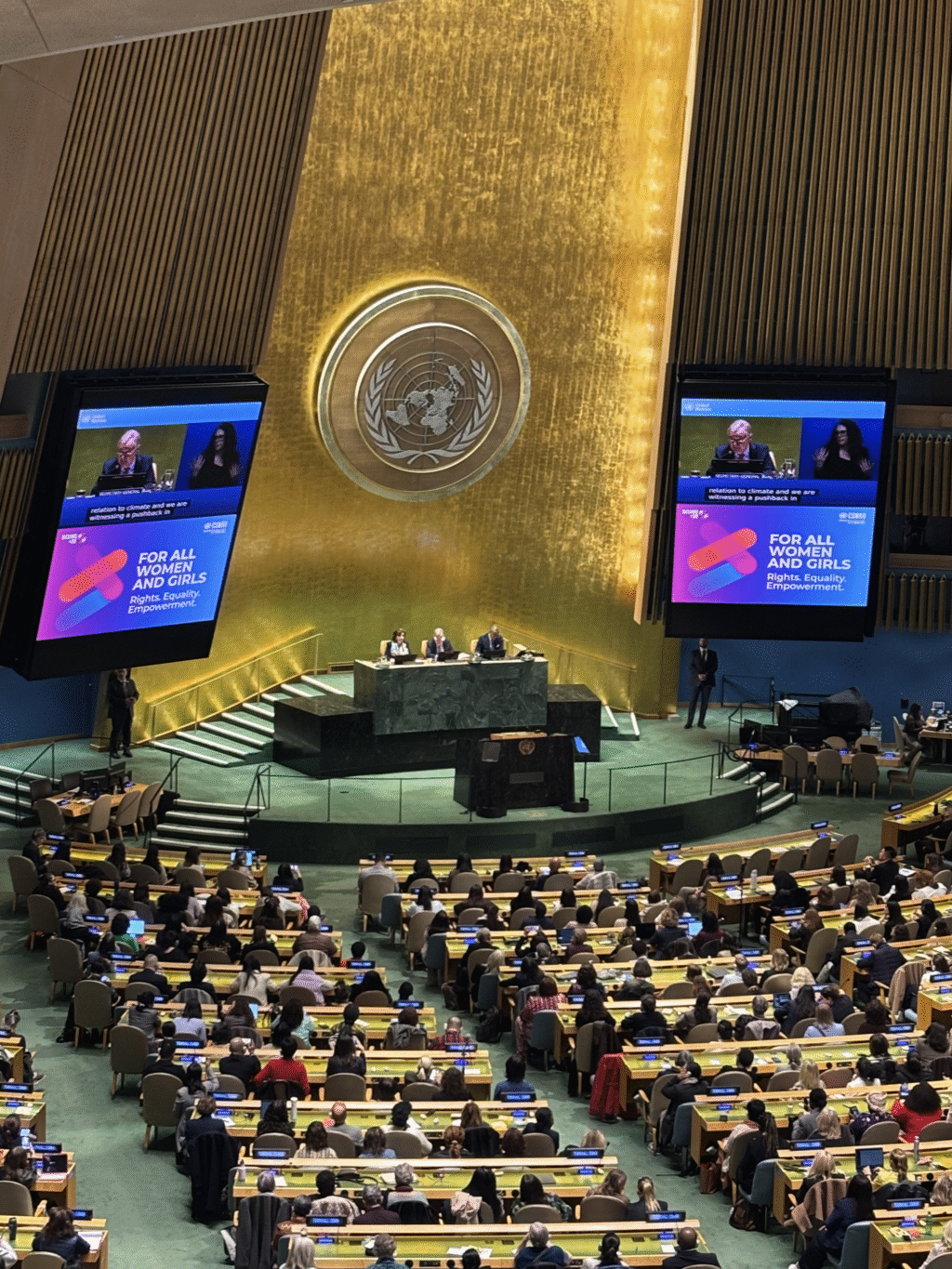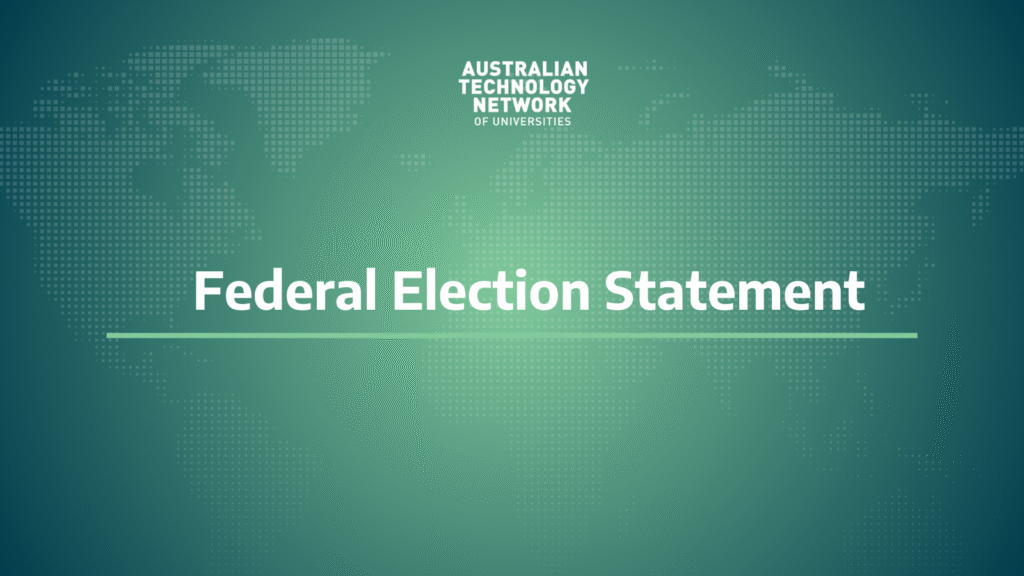Partnership approach to boost Australia’s productivity welcomed – ATN
29 August 2019The Australian Technology Network of Universities (ATN) welcomes Minister Tehan’s vision for a growing higher education system and the opportunity to continue to work collaboratively with the Minister on boosting productivity and growing our national prosperity.

The Australian Technology Network of Universities (ATN) welcomes Minister Tehan’s vision for a growing higher education system and the opportunity to continue to work collaboratively with the Minister on boosting productivity and growing our national prosperity.
ATN strongly supports a system that ensures every Australian, regardless of their background or circumstance, should have a pathway to a university education and endorses the recommendations of the National Regional, Rural and Remote Education Strategy review released yesterday.
ATN’s track record of producing more job-ready graduates than any other university grouping will help underwrite Australia’s future prosperity.
ATN Chair, Professor Attila Brungs, acknowledged Minister Tehan’s partnership approach to renewing Australia’s higher education architecture, outlined in the Minister’s two headland speeches this week.
“Minister Tehan has demonstrated a sincere commitment to working with the sector on developing effective policy,” Professor Brungs said.
“The Minister rightly acknowledged that higher education and ensuring access to employment is an essential tool in boosting Australia’s productivity and economy overall.
“Our universities are ready to deliver on this important economic and social objective,” said Professor Brungs.
ATN also looks forward to working collaboratively with the Minister to safeguard our national values of openness in an increasingly complex and fraught global environment. The University Foreign Interference Taskforce will play an important role in this.
“We appreciate the Minister’s interest in continuing collaboration with the sector on important issues like supporting freedom of expression, academic freedom and our security interests,” said Professor Brungs.

